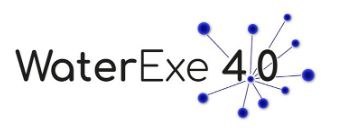
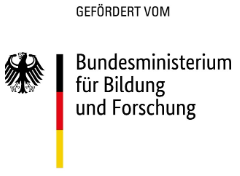
In a project funded by the Federal Ministry of Education and Research (BMBF) entitled "WaterExe4.0", researchers from the Institute for Water and Energy Management (iwe) at Hof University of Applied Sciences identified success factors for a successful implementation transfer in the course of digitalisation projects in the water industry. A meta-study on the state of science, products and solutions available on the market and digitalisation projects that have already been implemented in practice was intended to provide a target-oriented overview of the research and innovation landscape as well as best practices in German-speaking countries.
The results from previous projects, such as "Smart Digitalisation of Water Management" (SMADIWA) and "KOMMUNAL 4.0 - Customised Services for Water Management", provided an important basis for the investigations. Although these and other projects have already developed many practical solutions and approaches to digitalisation in water management or analysed their suitability for practical application, hardly any projects have been implemented by municipal operators of water management facilities, with the exception of individual lighthouse projects or individual digital products (e.g. cyber-physical systems). On the one hand, the main obstacles were still existing fears, such as a lack of IT security or the expected extensive changes. On the other hand, there was a lack of practical examples and guidelines that were suitable for transferring good ideas to their own circumstances.
In the "WaterExe4.0" project, qualitative and quantitative research methods formed the scientific backbone of the meta-study led by Professor Dr Manuela Wimmer and Professor Günter Müller-Czygan. On the one hand, the German-language research landscape was analysed for research projects that have been carried out or are still ongoing on the topic of the study with the aim of identifying digitalisation topics and categorising their results. Secondly, the research was supplemented by an online survey in the fields of science, business and the municipal sector. Companies, research groups, engineering firms, municipal organisations and professional associations were specifically asked about planned and ongoing digitalisation projects in the water industry with the aim of finding factors that were of decisive importance for the success of the respective project and where the greatest obstacles were seen.
In the third component of the project, industry participants with special knowledge and/or experience in the planning, installation and implementation of digitalisation projects were interviewed. Among other things, they were asked for their opinions on the key areas of digitalisation expected in the next five years, the prerequisites for a successful digitalisation project, especially in the water industry, and the requirements for responsible employees.
In addition to compiling the first comprehensive overview of digitalisation projects and technical solutions, the research results were subjected to an intensive analysis in order to identify and define the decisive factors for the successful initiation and implementation of digitalisation projects in the water industry.
These could be of a technical nature, based on the advantages of specific software or also reflect non-technical skills or a pronounced organisational talent on the part of the project managers. All results and findings were compiled in a guide to help users implement digitalisation projects independently. In addition, users were able to find suitable partners and solutions for their respective projects on the basis of the meta-study results.
In a project funded by the Federal Ministry of Education and Research (BMBF) entitled "WaterExe4.0", researchers at the Institute for Water and Energy Management (iwe) at Hof University of Applied Sciences are identifying success factors for the successful implementation of digitalisation projects in the water industry.
Although there are a large number of digitalisation solutions, implementation in reality is still very hesitant. The WaterExe4.0 meta-study by Hof University of Applied Sciences has not only identified around 700 products, projects and studies in German-speaking countries that are now available for digitalisation in the water industry. The Hof researchers have also found answers to what makes a digitalisation project successful and what needs to be taken into account to prevent it from failing.
The iwe Institute for Water and Energy Management at Hof University of Applied Sciences has conducted a meta-study on the status of digitalisation in the water industry in German-speaking countries. The conclusion: digitalisation has become an integral part of technological solutions and strategic decisions. WasserWirtschaft will report on the results of the study in a three-part series. In this issue, the authors begin with an overview: where are digitalisation elements increasingly to be found and which digital solutions currently dominate?
The drinking water supply in Germany is already facing new challenges with regard to climate change and the resulting consequences. To a large extent, these can be solved using digitalisation instruments and the corresponding tools are already available today. At the same time, there is still a lot of catching up to do, especially when it comes to the actual introduction and application of these tools. Against this backdrop, a team from the Institute for Water and Energy Management at Hof University of Applied Sciences has analysed over 700 relevant projects, products and studies in Germany, Austria and Switzerland and identified success factors as well as obstacles.
The results of the first meta-study on digitalisation in the German-speaking water industry are now available: Researchers at Hof University of Applied Sciences analysed around 700 projects, products and digitalisation solutions as part of the BMBF-funded WaterExe4.0 project, evaluating the responses of around 120 survey participants and 30 expert interviews.
What are the success factors for a successful implementation transfer in the course of digitalisation projects in the water industry? This question was at the centre of the WaterExe4.0 research project, the first results of which are now available, as reported by AQUA & GAS.
With its WaterExe4.0 project, Hof University of Applied Sciences wanted to find out which factors play a role in identifying, launching and successfully implementing digitalisation projects in the water industry. To this end, companies in the sector were asked to take part in an online survey. The results were then summarised in a guideline and made available to the water industry.
As part of "WaterExe4.0", researchers from the Institute for Energy and Water Management (iwe) at Hof University of Applied Sciences identified success factors for digitalisation in the water industry.
The research here is tough.

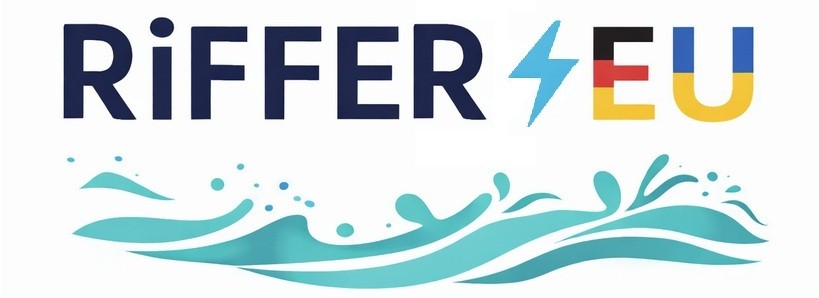

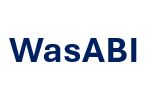
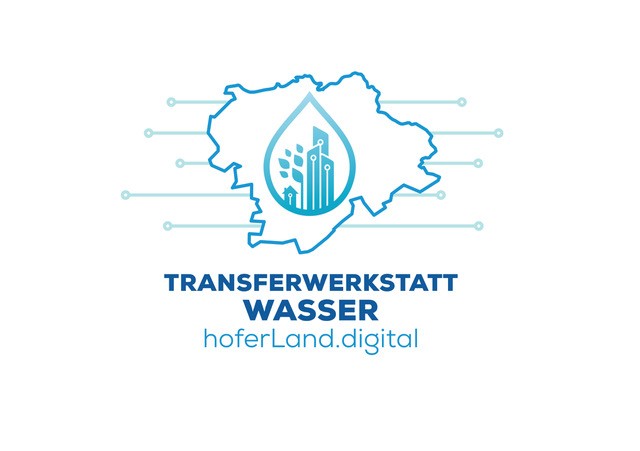





News about the inwa and its events.